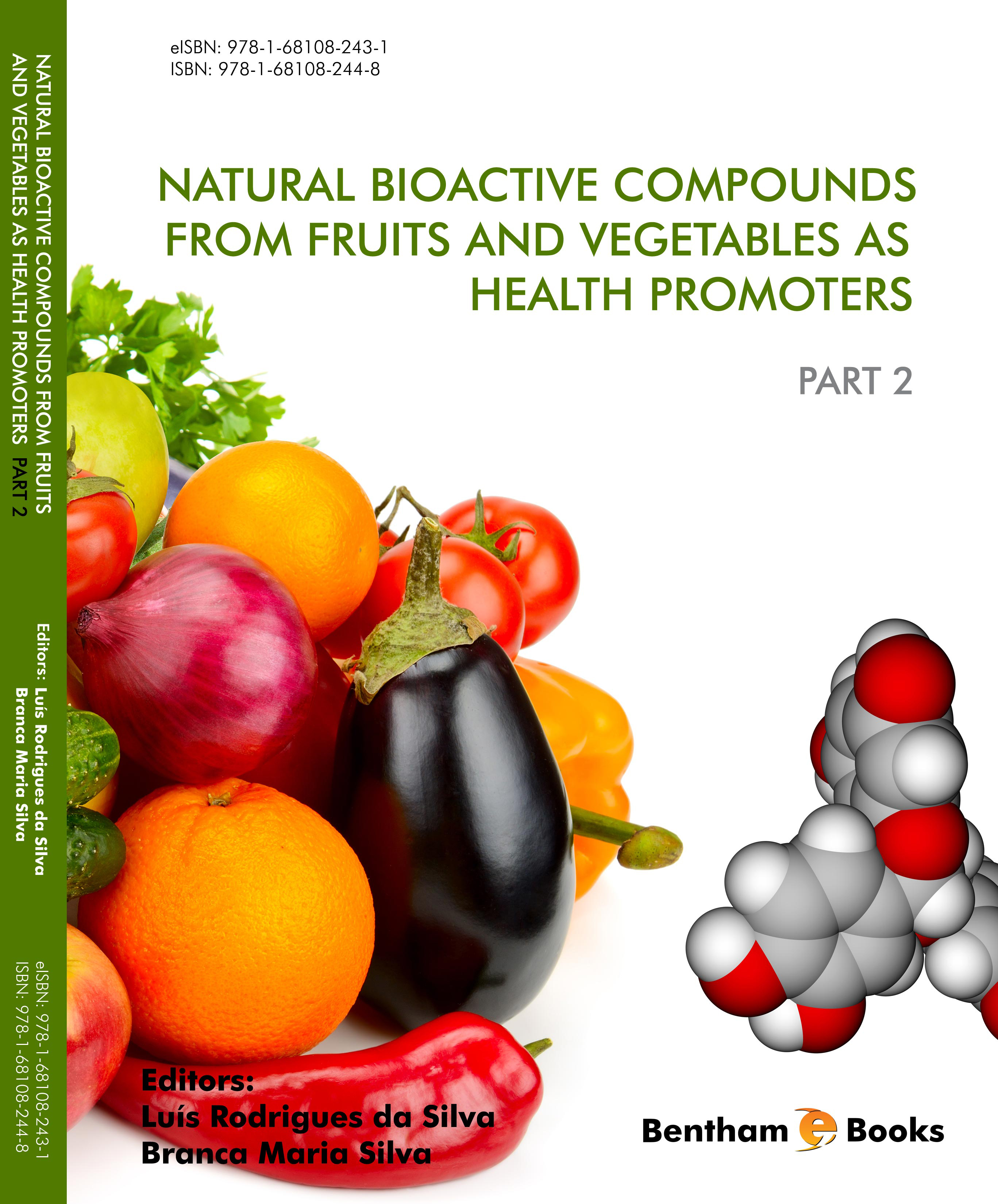Natural Bioactive Compounds from Fruits and Vegetables as Health Promoters: Part II

Abstract
Plants have been widely used to treat diseases, owing to the presence of bioactive compounds (phytochemicals) which play important roles in health promotion and disease prevention. In recent years, advances in chemical extraction techniques, lifestyle and dietary choices for human health have increased the interest in the consumption and study of fruits, vegetables, and foods enriched with bioactive compounds and nutraceuticals. Thousands of dietary phytochemicals, such as flavonoids, phenolic acids, glucosinolates, terpenes and alkaloids, have been identified and categorized further according to a diverse array of biochemical properties. Many of these phytochemicals have been hypothesized to reduce the risk of several pathological conditions which include life threatening diseases such as heart disease and cancer, to name a few.
Natural Bioactive Compounds from Fruits and Vegetables as Health Promoters is a 2 book set which presents a summary of different classes of phytochemicals commonly found in common edible food sources. Each chapter details the general chemical structures of compounds, naturally present in specific fruits, vegetables and grains, their biological importance and mechanisms of action.
The book set is an essential handbook for anyone interested in the natural product chemistry of these common crops.
Part 1 of this set covers details about different fruits (banana, citrus fruits, pears, etc.). Part 2 covers legumes, nuts, seeds and cereals.

